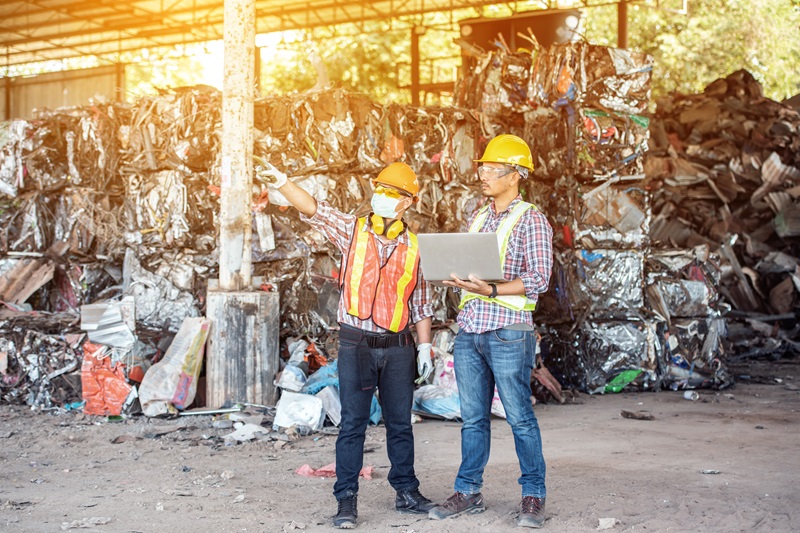Empowering Environmental Change Through Education
Explore Our Environmental Training Courses
Gain the knowledge and tools needed to foster a sustainable future with our specialised training courses.
Our Courses

Environment and Pollution Awareness
This course looks at the dangers to the environment and to human beings caused by the different types of pollution that we live with today.

Environmental Impact Assessment
Understand and mitigate the environmental impacts of industrial and development projects.

Waste Management and Reduction
Discover strategies for reducing waste in your operations and promoting recycling initiatives.
Making a Difference: Personal Steps Towards Environmental Awareness
In an era where environmental challenges loom large, individual actions can collectively make a substantial impact. Getting involved in environmental awareness doesn’t require grand gestures; even small, personal efforts can contribute to a healthier planet. Here are some practical steps you can take to make a difference.
Reduce, Reuse, Recycle
The mantra “reduce, reuse, recycle” remains foundational. Reducing waste involves mindful consumption. Opt for products with minimal packaging, buy in bulk, and avoid single-use plastics. Reusing items extends their life cycle, which reduces the need for new products and the resources required to produce them. Recycling helps ensure that materials like paper, plastic, glass, and metal are processed and made into new products, keeping them out of landfills.
Conserve Energy and Water
Energy conservation can significantly reduce your carbon footprint. Simple actions like turning off lights when leaving a room, unplugging electronics when not in use, and using energy-efficient appliances can save a lot of energy. Additionally, consider switching to renewable energy sources if possible. Water conservation is equally important. Fixing leaks, taking shorter showers, and using water-saving fixtures can help preserve this vital resource.
Support Sustainable Practices
Supporting businesses and products that prioritise sustainability can drive broader change. Choose products that are sustainably sourced, ethically made, and environmentally friendly. This includes food choices—opting for organic, locally-sourced produce reduces the environmental impact of long supply chains and supports local farmers. Reducing meat consumption, particularly beef, can also lower your ecological footprint due to the high resource demands of livestock farming.
Educate and Advocate
Education is a powerful tool. Stay informed about environmental issues and share this knowledge with others. Advocacy can amplify your impact—support environmental policies, participate in local clean-up events, and join organisations focused on environmental protection. Social media can be a platform to raise awareness and inspire others to take action.
Green Your Transport
Transport is a major contributor to carbon emissions. Opting for public transport, carpooling, cycling, or walking not only reduces emissions but also alleviates traffic congestion and promotes better health. For those who drive, maintaining your vehicle to ensure it runs efficiently and considering an electric or hybrid car can make a notable difference.
Grow Your Own Food
Starting a small garden can have numerous benefits. Growing your own vegetables and herbs reduces the need for store-bought produce, which often comes with a significant carbon footprint due to transportation and packaging. Gardening also enriches local biodiversity and can be a therapeutic activity.
Conclusion
Individual efforts towards environmental awareness may seem modest, but collectively they can lead to significant change. By adopting sustainable habits, supporting eco-friendly practices, educating others, and advocating for change, each person can contribute to a healthier planet. Remember, every small step counts in the journey towards environmental stewardship.